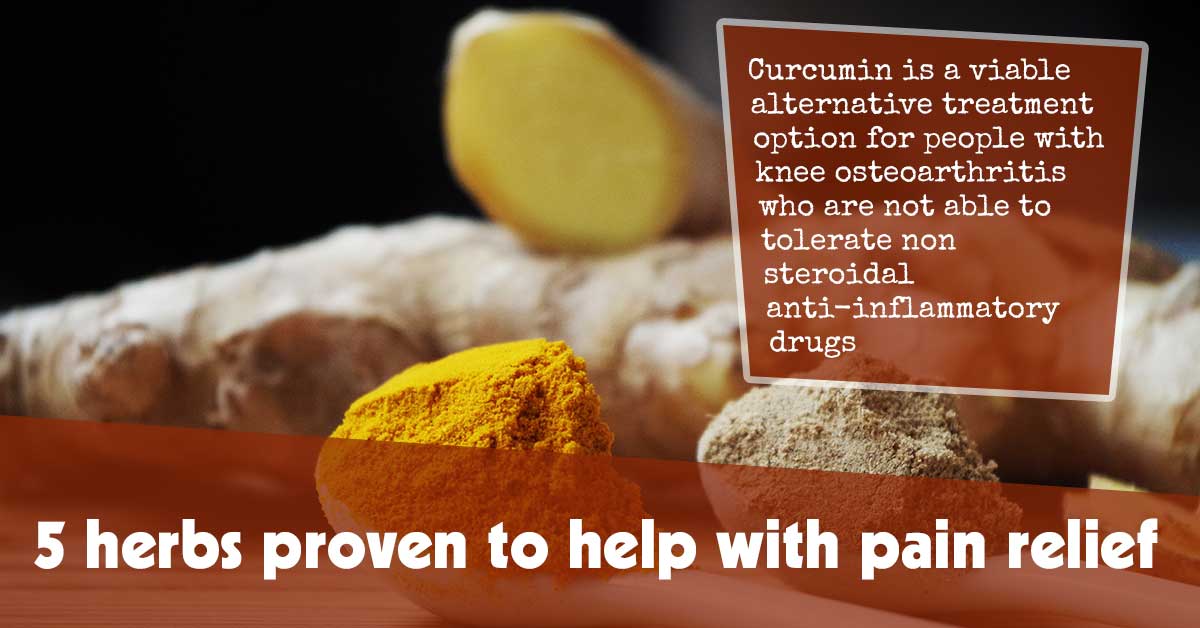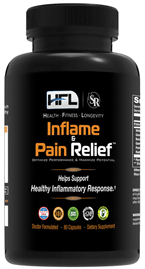1. Turmeric has been proven to help with pain relief
Turmeric as effective as anti-inflammatory drug for knee osteoarthritis pain
A randomized study involving 139 participants was conducted to compare the effectiveness of curcumin with the anti-inflammatory drug diclofenac for treating knee osteoarthritis.1✅ JOURNAL REFERENCE DOI: 10.1186/s13063-019-3327-2
Some of the participants were prescribed a 500-mg capsule of curcumin three times daily and others a 50-mg tablet of diclofenac two times daily for 28 days.
Assessments were done at baseline and on days 7, 14, and 28. After 14 days and 28 days, participants taking curcumin experienced similar alleviation of pain as those on diclofenac medication.
The variation between the two treatments was not statistically significant. Curcumin was proven to be as effective as diclofenac in alleviating pain caused by knee osteoarthritis.
The participants also displayed better tolerance towards curcumin when compared to diclofenac. This makes curcumin a viable alternative treatment option for people with knee osteoarthritis who are not able to tolerate non-steroidal anti-inflammatory drugs.
Inflame & Pain Relief
- Healthy Response to Inflammation
- Occasional Pain & Discomfort Relief
- Healthy Immune System Response
- Youthful Joint Mobility & Flexibility
- Healthy Brain & Digestive Function
Turmeric better than placebo for knee osteoarthritis pain
Another study revealed turmeric to be more effective compared to a placebo for lessening knee pain in individuals with knee osteoarthritis.2✅ JOURNAL REFERENCE DOI: 10.7326/M20-0990
In the study involving 70 individuals with osteoarthritis of the knee, researchers tested the efficacy of turmeric in reducing knee pain and swelling. Participants were given either 100 mg daily or a placebo for 12 weeks to evaluate if turmeric had any effect on their condition.
The effects of a 12-week treatment were evaluated using questionnaires, MRI scans, and other tests. These included assessing changes in pain swelling volume, cartilage composition, quality of life, and physical performance levels, as well as tracking the usage of any pain medications taken and any adverse events.
After 12 weeks, it was observed that the individuals taking turmeric supplements experienced less pain compared to individuals in the placebo group while having no adverse effects. Moreover, people in the turmeric group also needed to consume fewer analgesics compared to the participants given placebos.




